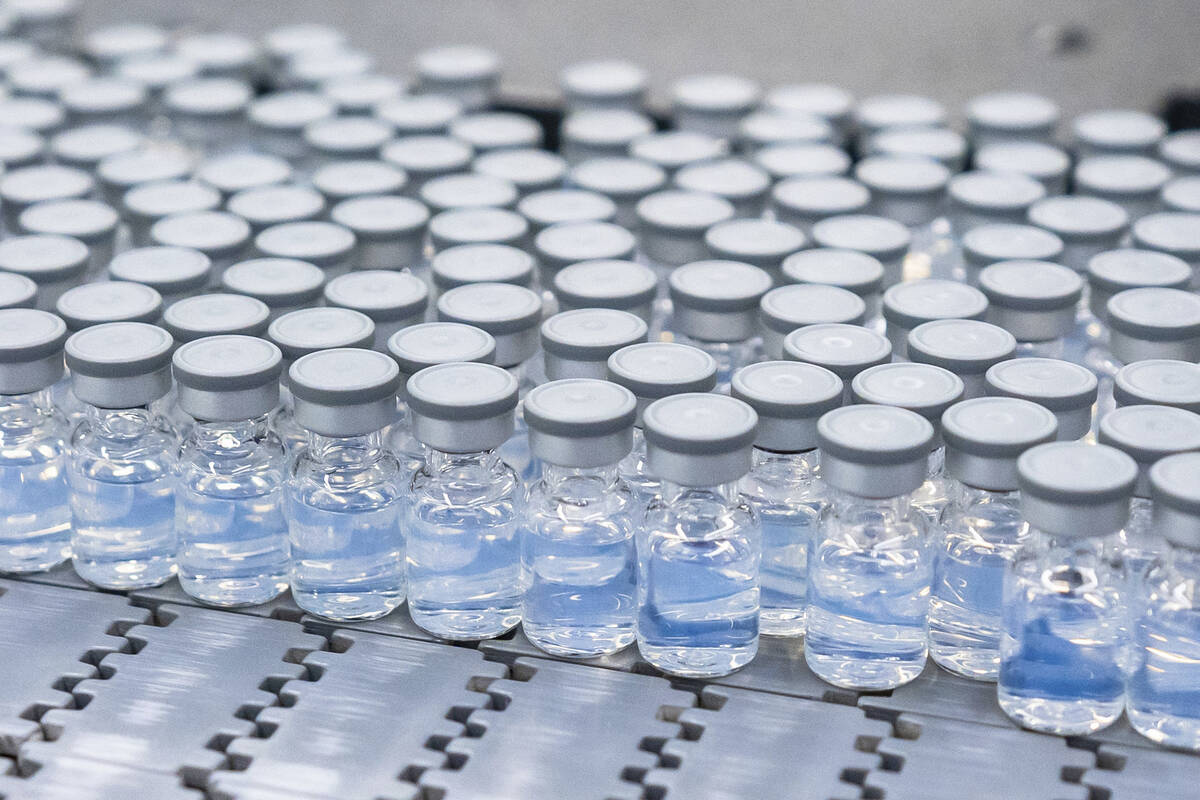EDITORIAL: The side effects of drug price controls
Price controls on drugs are like binge eating ice cream. It may feel good at first, but it doesn’t end well.
In his State of the Union address, President Joe Biden made the case for price controls. He talked about how the misnamed Inflation Reduction Act capped the cost of insulin. He decried the high cost of cancer drugs.
“If drug prices rise faster than inflation, drug companies are going to have to pay Medicare back the difference,” he said, adding, “We’re finally giving Medicare the power to negotiate drug prices.”
These are all different forms of price controls on drugs. The allure of this is obvious, and Mr. Biden mentioned it frequently. Everyone likes to pay less. For many, drugs aren’t a luxury good but a lifesaving necessity. Having to pay high prices for those medications can feel like a financial prison. Little wonder there’s electoral appeal in promising lower prices, especially when you can demagogue big pharmaceutical companies.
But there is a large cost to this approach. Emotions and short-sightedness don’t create miracle drugs. And basing public policy on such things will lead to fewer innovations in the future. That’s because price controls reduce drug company profits. If the possibility of profit decreases, so do the research dollars that companies invest in new products.
“Academic literature estimates the effect of future drug revenues on R&D spending and finds that, on average, a 1 percent reduction in revenue leads to a 1.5 percent reduction in R&D activity,” a 2021 paper from University of Chicago’s Tomas Philipson and Troy Durie found.
Applying that the Inflation Reduction Act, they project it will decrease R&D spending by “about 18.5 percent, amounting to $663 billion” by 2039. They project this will lead to “135 fewer new drugs.”
That could have tragic consequences.
“This drop in new drugs is predicted to generate a loss of 331.5 million life years in the U.S., 31 times as large as the 10.7 million life years lost from COVID-19 in the U.S. to date,” they wrote.
Little wonder Mr. Biden failed to mention this. And there’s more. Price controls are supposed to save money. But over the past two decades, profits from research-based pharmaceutical companies accounted for just 1 percent of total health spending. That’s from a paper by Mr. Philipson and Giuseppe Di Cera. Labor expenses make up the bulk of medical costs. With fewer miracle drugs in the pipeline, those labor costs will actually increase. Doctors and nurses will need to care for patients who would have been helped by the drugs that were never developed.
Democrats and Mr. Biden should be honest with the American people about these very real trade-offs, instead of pretending that they don’t exist at all.

















